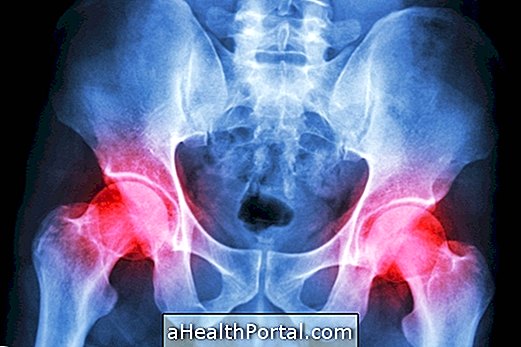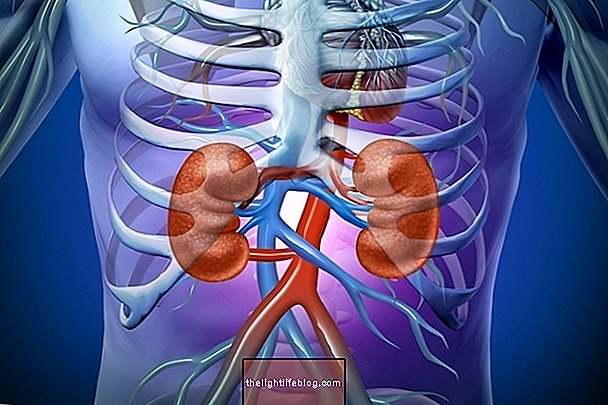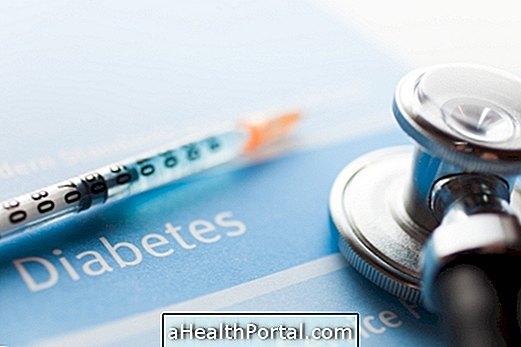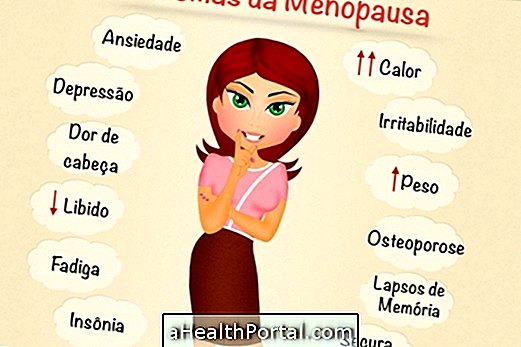Kidney failure can be identified by some signs and symptoms that may arise as the kidneys lose the ability to filter blood, which may be due to the appearance of lesions in the cells of the kidneys due to infection by bacteria, accumulation of toxins or little water, which can decrease its function. Learn more about kidney failure.
Thus, some symptoms that may suggest kidney failure are:
- Little amount of urine, which can be very dark and with a strong smell;
- Swelling of the body, especially eyes, legs and feet, due to fluid retention;
- Dry and dull skin;
- Hand tremors;
- Easy tiredness and drowsiness;
- High pressure;
- Nausea and vomiting;
- Persistent hiccups;
- Lack of sensitivity in the hands and feet;
- Blood in the urine;
- Aggressiveness and seizures.
The diagnosis is made by the nephrologist based on the results of blood and urine tests, which indicate an increase in the concentration of urea, creatinine and potassium. In addition, the doctor may indicate the performance of imaging tests, such as magnetic resonance, ultrasound or computed tomography to assess the condition of the kidneys.

How treatment should be
Treatment for acute renal failure should be guided by a doctor and nutritionist and includes:
- Use of medications to lower blood pressure and decrease swelling in the body such as Lisinopril and Furosemide, for example;
- Eat a diet low in protein, salt and potassium so as not to aggravate kidney malfunction;
- Drink the amount of water indicated by the doctor or take serum through the vein.
In some cases, acute renal failure can become chronic, requiring hemodialysis about 3 times a week in the hospital to filter the blood. Depending on the severity of renal failure, kidney transplantation may also be indicated.
How to prevent
In order to prevent the kidneys from starting to lose their function it is essential to drink plenty of fluids and only take the drugs with the doctor's recommendation, because many medications require an exaggerated functioning of the kidneys, since they must be eliminated by urine. In addition, a low-salt, low-fat diet should be maintained, exercising at least 3 times a week, in addition to avoiding smoking and alcohol.
To learn how to increase water consumption daily, watch the video:

Was this information helpful?
Yes No
Your opinion is important! Write here how we can improve our text:
Any questions? Click here to be answered.
Email in which you want to receive a reply:
Check the confirmation email we sent you.
Your name:
Reason for visit:
--- Choose your reason --- DiseaseLive betterHelp another personGain knowledge
Are you a health professional?
NoMedicalPharmaceuticalsNurseNutritionistBiomedicalPhysiotherapistBeauticianOther





















